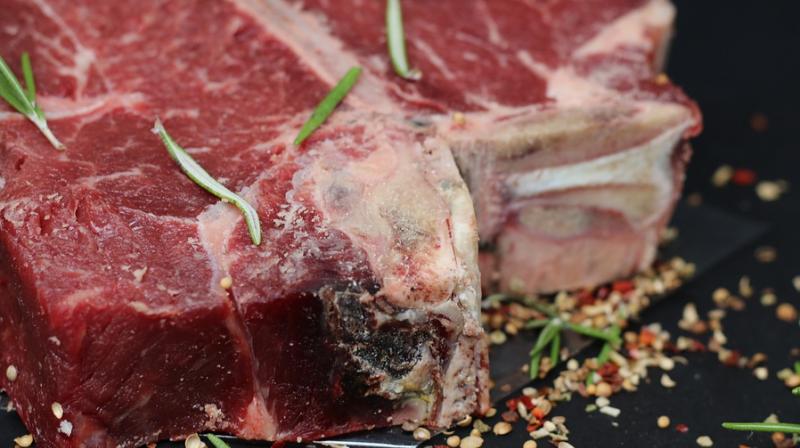Allergen found in red meat ups plaque buildup in arteries, heart disease risk
The only treatment for red meat allergy once it is diagnosed is strict avoidance of red meat.

An allergen found in red meat can cause the buildup of plaque in the arteries, leading to an increased risk of heart disease, a study has found.
While high saturated fat levels in red meat have long been known to contribute to heart disease for people in general, the findings - published in the journal Arteriosclerosis, Thrombosis, and Vascular Biology (ATVB) - suggests that a subgroup of the population may be at heightened risk due to a food allergen.
"This novel finding from a small group of subjects from Virginia raises the intriguing possibility that allergy to red meat may be an under recognised factor in heart disease," said Coleen McNamara, a professor at the University of Virginia in the US.
"These preliminary findings underscore the need for further clinical studies in larger populations from diverse geographic regions and additional laboratory work," said McNamara.
The number of people with red meat allergies in the US is unclear, but researchers estimate that it may be one per cent of the population in some areas.
The number of people who develop blood antibodies to the red meat allergen without having full-blown symptoms is much higher - as much as 20 per cent of the population in some areas, researchers said.
Only in recent years did scientists identify the main allergen in red meat, called alpha-Gal, a type of complex sugar. They also found that a tick - the Lone Star tick - sensitizes people to this allergen when it bites them.
That is why red meat allergies tend to be more common where these ticks are more prevalent, such as the Southeastern United States, but also extending to other areas, including Long Island, New York.
Researchers have suspected for some time that allergens can trigger certain immunological changes that might be associated with plaque buildup and artery blockages, but no one had identified a specific substance that is responsible for this effect.
In the current study, researchers showed for the first time that a specific blood marker for red meat allergy was associated with higher levels of arterial plaque, or fatty deposits on the inner lining of the arteries.
The blood marker they identified is a type of antibody (immunoglobulin or IgE) that is specific to the alpha-Gal allergen.
The evidence for a link between red meat allergens and coronary artery disease is still preliminary, the researchers noted, so they plan to conduct detailed animal and human studies to confirm their initial findings.
Currently, the only treatment for red meat allergy once it is diagnosed is strict avoidance of red meat.

